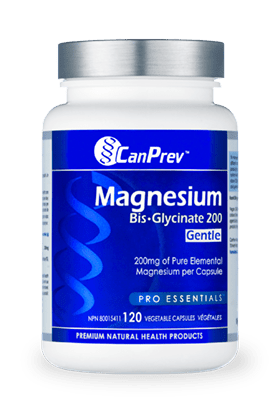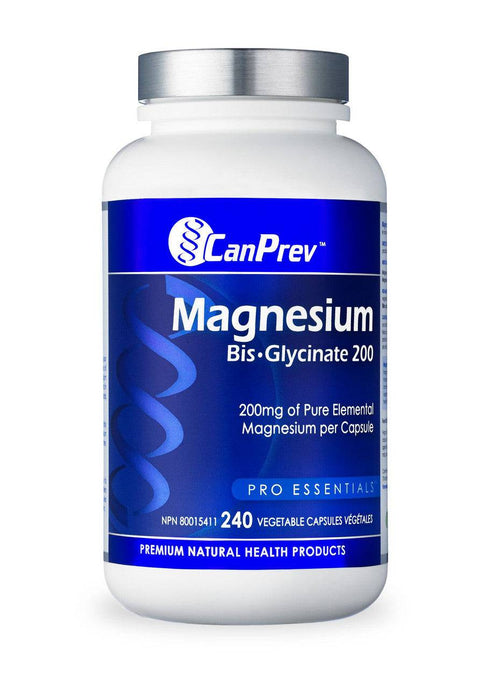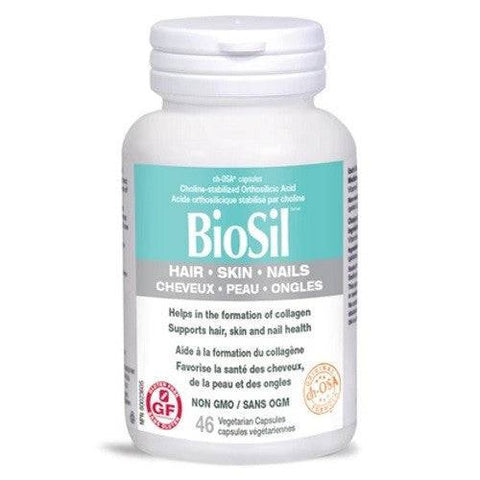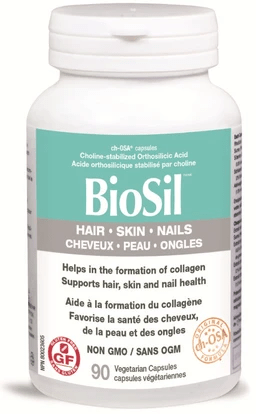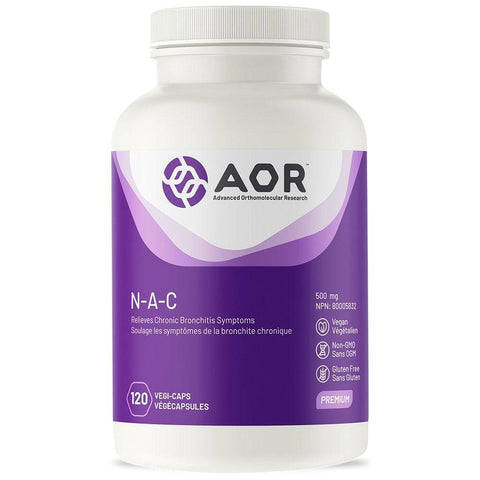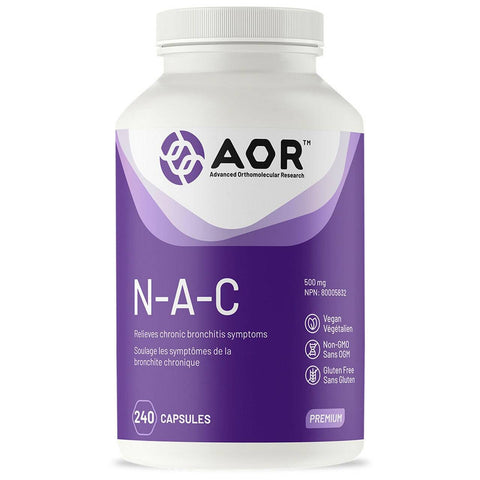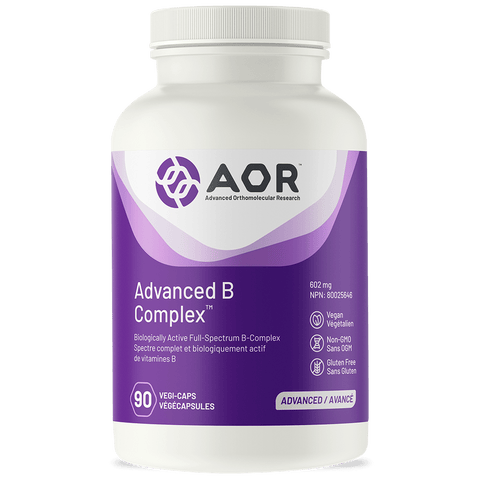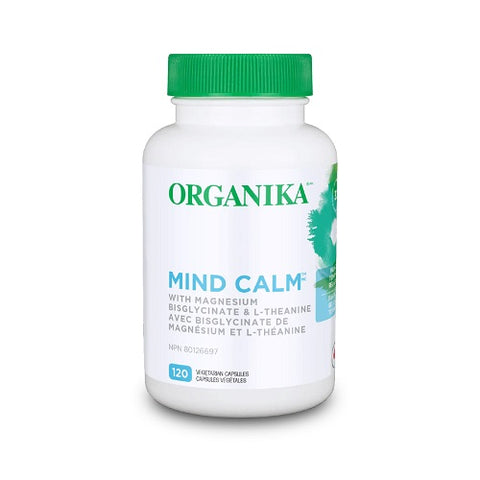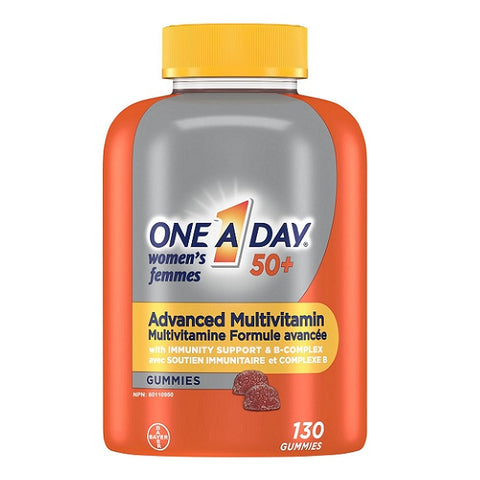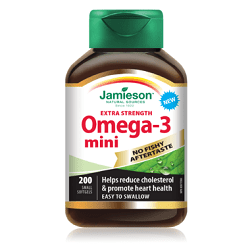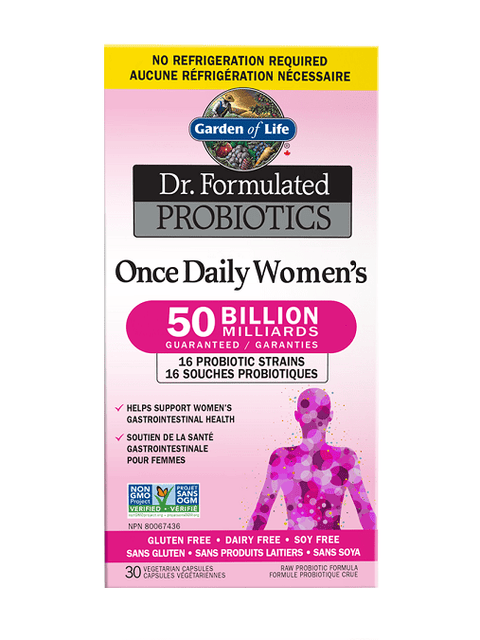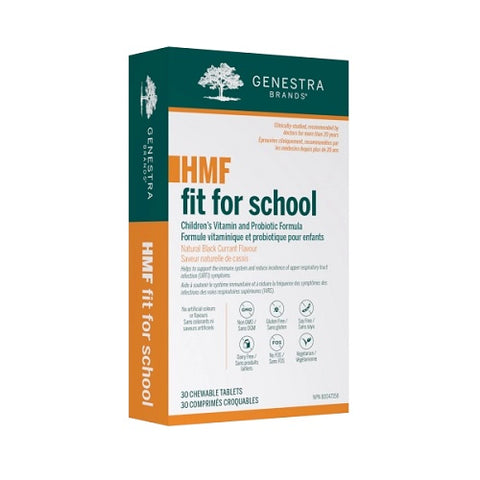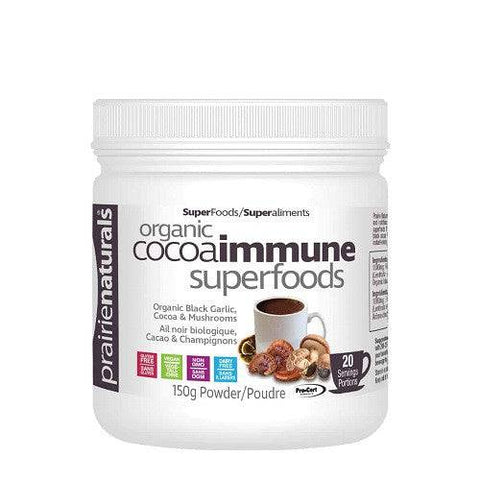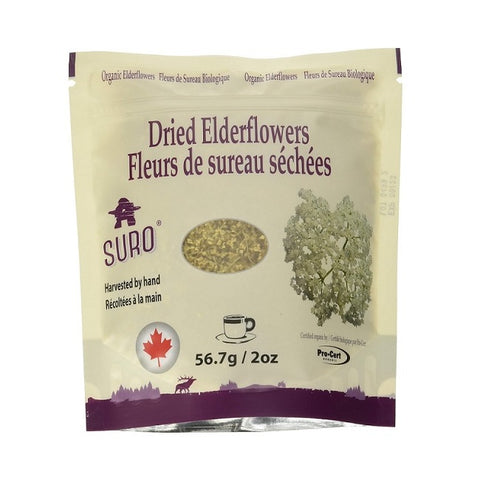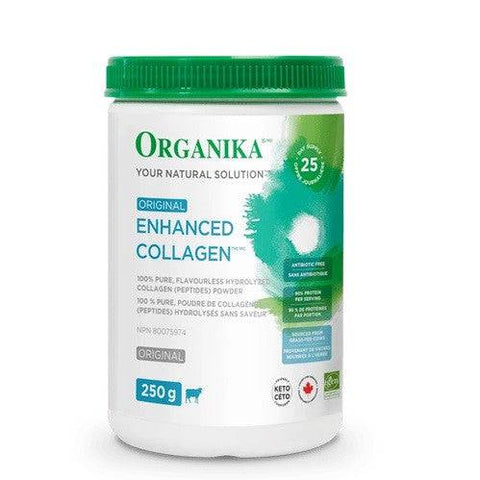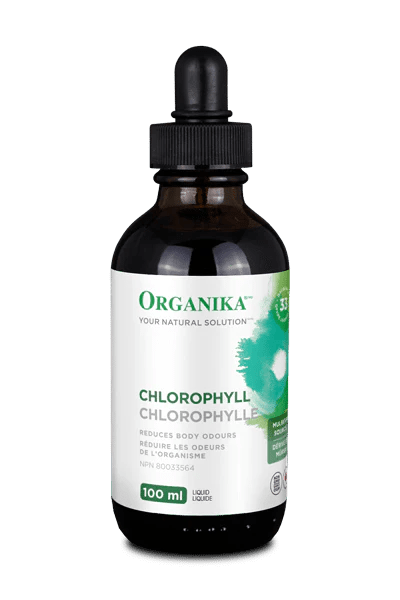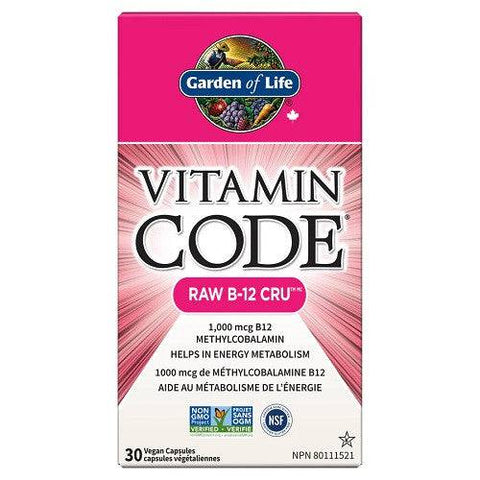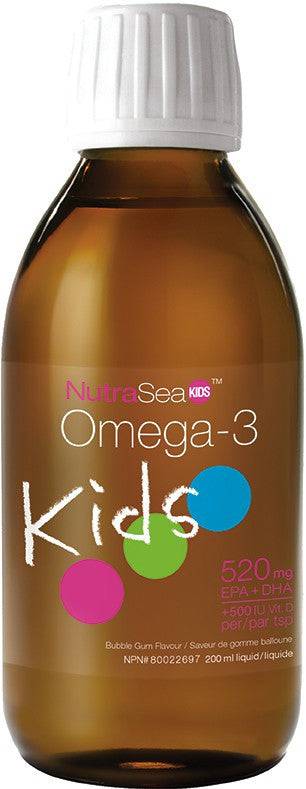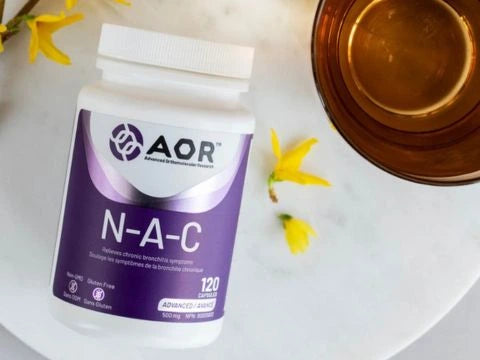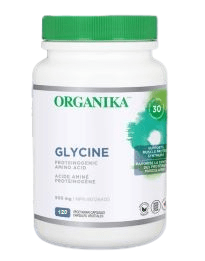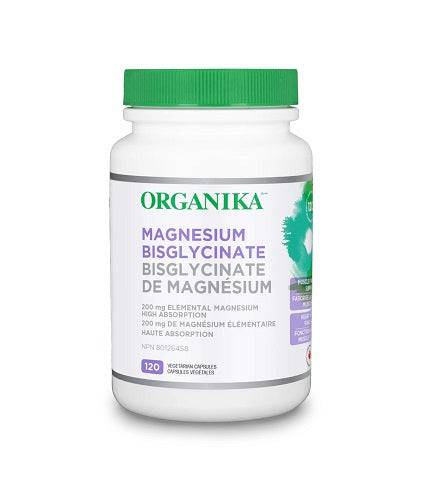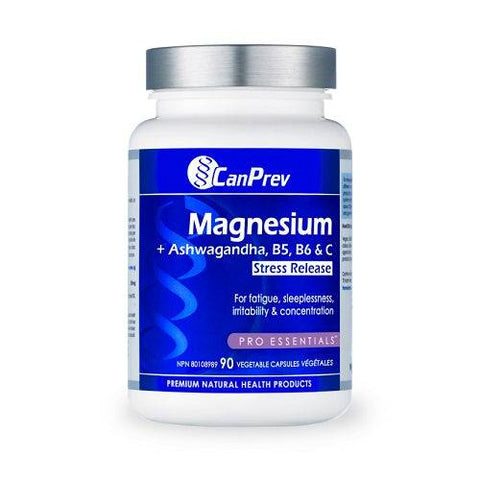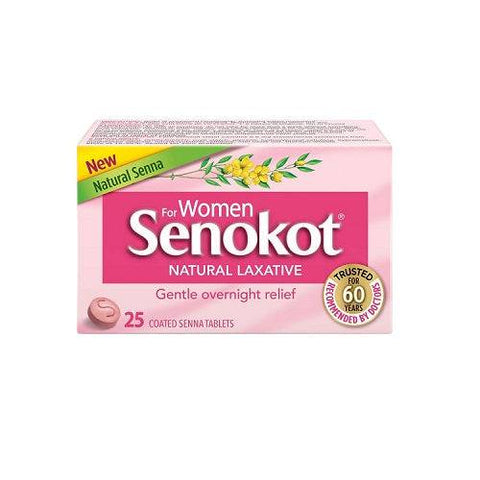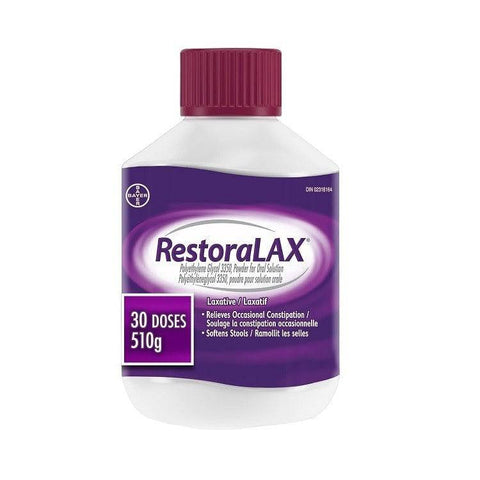Best Sellers
Shop Popular Brands
New Arrivals
Learn more
About this collection
Vitamins & supplements are substances intended to supplement the diet. They come in many forms, including tablets, capsules, powders, liquids, and gels.
Vitamins A - K:
- Vitamin A (Retinol, Beta-carotene): Important for vision, immune function, and cell growth.
- Vitamin B1 (Thiamin): Needed for converting food into energy.
- Vitamin B2 (Riboflavin): Helps break down food into energy.
- Vitamin B3 (Niacin): Helps the body convert food into energy and makes healthy skin, nerves, and digestion.
- Vitamin B5 (Pantothenic acid): Helps the body convert food into energy.
- Vitamin B6 (Pyridoxine): Involved in many chemical reactions in the body.
- Vitamin B7 (Biotin): Helps the body convert food into energy and keeps hair, skin, and nails healthy.
- Vitamin B9 (Folic acid): Important for cell growth and function.
- Vitamin B12 (Cyanocobalamin): Plays a role in nerve function, red blood cell production, and DNA synthesis.
- Vitamin C (Ascorbic acid): Important for immune function, wound healing, and antioxidant activity.
- Vitamin D (Cholecalciferol): Helps the body absorb calcium and is important for bone health.
- Vitamin E (Tocopherol): An antioxidant that protects cells from damage.
- Vitamin K (Phylloquinone, Menaquinone): Important for blood clotting and bone health.
Minerals:
- Calcium: Important for building and maintaining strong bones and teeth.
- Magnesium: Plays a role in muscle and nerve function, blood sugar control, and blood pressure regulation.
- Iron: Important for carrying oxygen in the blood.
- Zinc: Supports the immune system and is necessary for wound healing.
- Potassium: Important for muscle function and blood pressure regulation.
- Sodium: An electrolyte that helps regulate fluids in the body.
- Phosphorus: Important for building and maintaining bones and teeth.
- Copper: Helps the body form red blood cells and connective tissue.
- Selenium: An antioxidant that protects cells from damage.
- Manganese: Plays a role in enzyme function and metabolism.
- Chromium: Helps the body regulate blood sugar levels.
- Molybdenum: Helps the body break down proteins and purines.
- Iodine: Needed for the production of thyroid hormones, which regulate metabolism.
- Boron: May play a role in bone health and hormone function.
Multivitamins & Multiminerals:
- Multivitamin: A dietary supplement that contains multiple vitamins and minerals.
- Multimineral: A dietary supplement that contains multiple minerals
Omega Fatty Acids:
- Omega-3: A type of polyunsaturated fatty acid that is important for heart health, brain function, and inflammation.
- Omega-6: A type of polyunsaturated fatty acid that is important for cell growth and development.
- Omega-9: A type of monounsaturated fatty acid that is thought to be beneficial for heart health.
- Fish oil: A good source of omega-3 fatty acids.
- Flaxseed oil: A good source of alpha-linolenic acid (ALA), a type of omega-3 fatty acid.
- Krill oil: A source of omega-3 fatty acids, as well as other nutrients such as astaxanthin.
- Cod liver oil: A good source of omega-3 fatty acids and vitamin D.
- DHA: Docosahexaenoic acid, a type of omega-3 fatty acid that is important for brain health.
- EPA: Eicosapentaenoic acid, a type of omega-3 fatty acid that is important for heart health.
- ALA: Alpha-linolenic acid, a type of omega-3 fatty acid that the body can convert into EPA and DHA.
Probiotic Supplements:
- Probiotic: A live bacteria that is believed to offer health benefits by improving gut flora.
- Lactobacillus: A genus of bacteria that is commonly found in yogurt and other fermented foods.
- Bifidobacterium: Another genus of bacteria that is found in the gut.
- Saccharomyces boulardii: A type of yeast that is sometimes used as a probiotic.
- Acidophilus: Another name for Lactobacillus acidophilus, a type of probiotic bacteria.
- Bifidus: Another name for Bifidobacterium, a type of probiotic bacteria.
- Probiotic blend: A dietary supplement that contains multiple strains of probiotic bacteria.
- Probiotic capsule: A form of probiotic supplement that comes in a capsule.
- Probiotic powder: A form of probiotic supplement that
Related categories
Shipping
- Canada 1-10 business days after your order leaves the warehouse and is dependent on your region.
- United States 4-14 business days after your order leaves our warehouse.
For more info, visit our shipping page.
Copyright © 2024 YesWellness.com.Powered by Shopify
Cookies
This website uses cookies to ensure you get the best experience on your device.
cookies-popups-0
Pickup location
YesWellness.com
Free in-store pickup.
Usually ready in 24 hrs
Skip the shipping fees by choosing the "Pick up" option at checkout. We'll notify you when your order is ready for pickup. Simply bring your order confirmation email and a valid ID when you come to collect it.
Surrey location
8086 130 St #4, Surrey, BC V3W 8J9 Canada
Store hours
Monday-Friday: 7am-3pm PST
Saturday: Closed
Sunday: Closed
Shopping Cart
(0)



